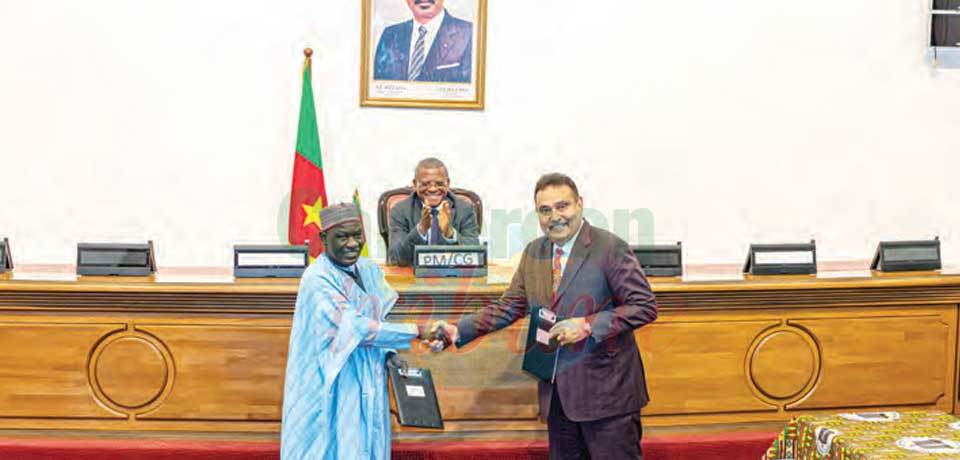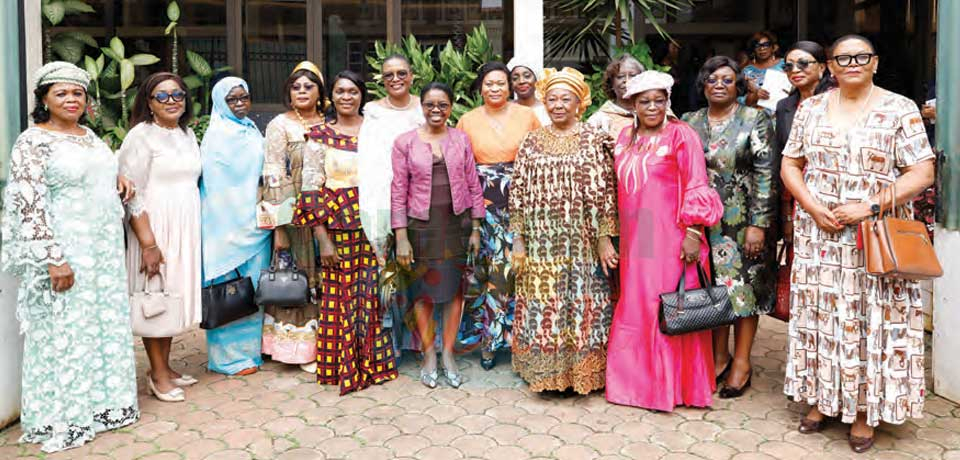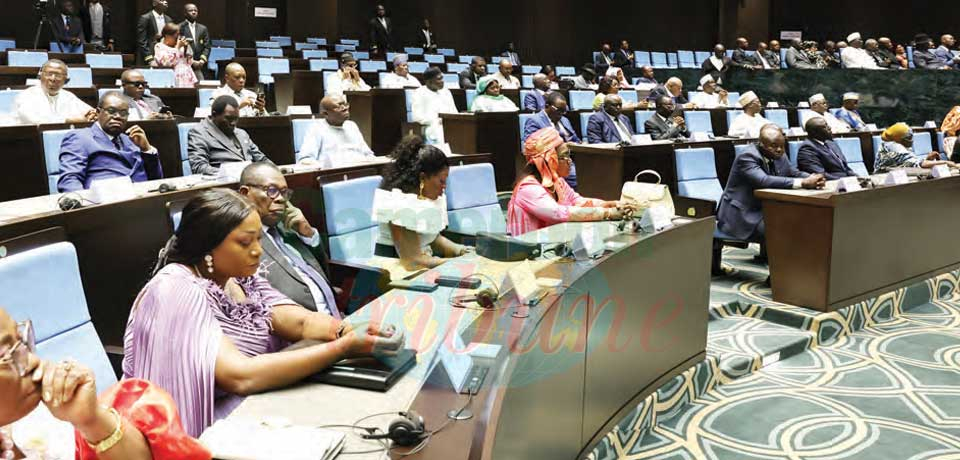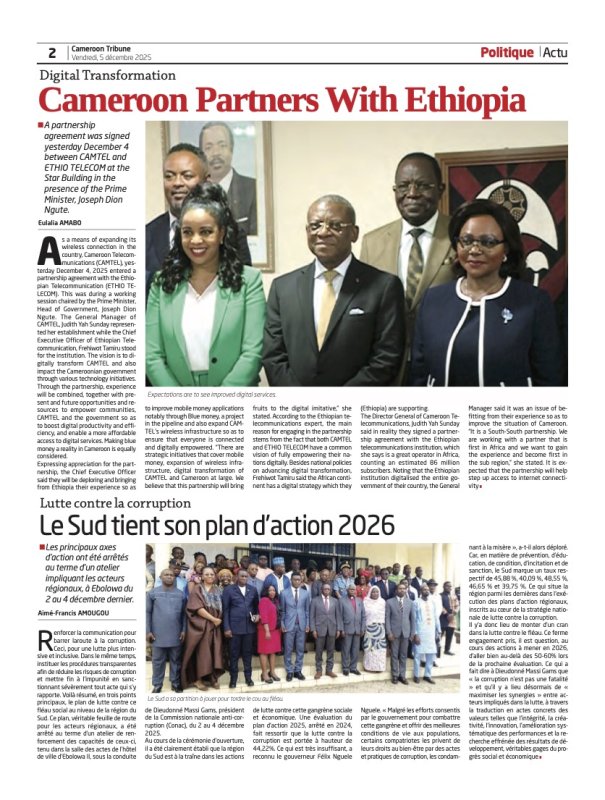Relevance Of Grassroots Involvement!
- Par Godlove BAINKONG
- 19 Dec 2019 18:40
- 0 Likes
The much talked about Special Status for the North West and South West Regions has moved from speculations to dissections of what government is proposing as its contents and what could change in the peoples’ lives. And as would be expected in a democracy where freedom of thoughts and speech are enshrined in the Constitution, debates are taking all directions.
Without expecting unanimity anyway on the content of the Special Status, one thing stands out clear. The governance situation in the two regions and the grassroots input in what would henceforth be served the population in terms of socio-cultural and economic development would no doubt break away from the past. Within the framework of government’s option of accelerated decentralisation, and which would witness a leap once the General Code of Regional and Local Authorities gets into law, the North West and South West Regions are bracing up to witness somewhat autonomy with regards to governance vis-à-vis other regions.
Securing Regional Assemblies and House of Chiefs alongside an appointed Public Independent Conciliator; even as the supervisory role of the State remains intact with Regional Governors, gives the population the leeway to easily channel their aspirations and grievances and hope for speedy responses. More so as the text spelling out the provisions of the Special Status specifies that in addition to other powers devolved on regions by the law, the North West and South West Regions may, among others, participate in the formulation of national public policies relating to the Anglophone education and judicial sub-systems, may also set up and manage regional development authorities as well as participate in defining the status of traditional chiefdoms. This is huge responsibility on the shoulders of the population.
Cameroonians from across the board have shown growing desire for citizens to participate in managing their affairs, especially at the local level. And President Paul Biya has demonstrated through several speeches and actions his firm belief that fast-tracking the country’s decentralization process will enhance the development of the regions.
With the Special Status, the North West and South West Regions will through their elected organs - the Regional Assembly and Regional Executive Council, fully get involved in the day-to-day management of their own affairs. If the bill under deliberation is anything to fully rely on, then the Regional Assembly with its deliberative functions shall exercise all the powers devolved upon regional councils by the laws in force. Its composition; 90 Regional Councillors elected for a five-year term of office, makes it representative enough. More so as the Regional Assembly shall comprise two Houses notably House of Divisional Representatives and House of Chiefs. While the former will comprise 70 members elected by municipal councillors of the region by a one-round mixed list vote...
Cet article complet est réservé aux abonnés
Déjà abonné ? Identifiez-vous >
Accédez en illimité à Cameroon Tribune Digital à partir de 26250 FCFA
Je M'abonne1 minute suffit pour vous abonner à Cameroon Tribune Digital !
- Votre numéro spécial cameroon-tribune en version numérique
- Des encarts
- Des appels d'offres exclusives
- D'avant-première (accès 24h avant la publication)
- Des éditions consultables sur tous supports (smartphone, tablettes, PC)














Commentaires